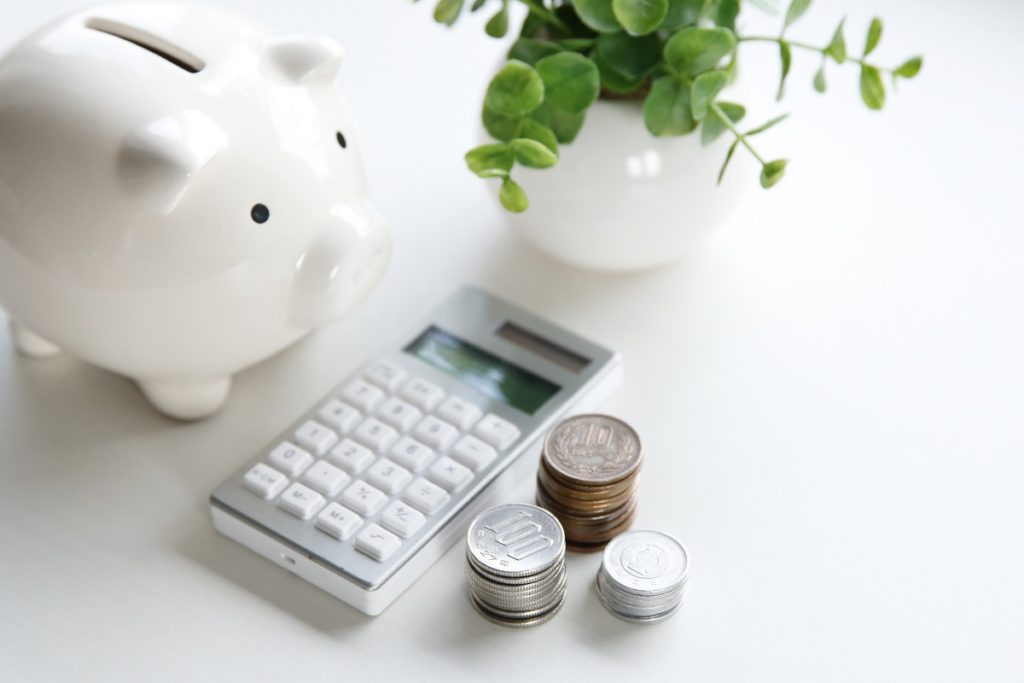When people talk about self-care, advice often revolves around taking mental health breaks and treating yourself to nice things. Both are definitely necessary aspects of caring for yourself, but there is more to self-care than just these two things. Self-care also means building healthier habits for yourself.
One often overlooked aspect of self-care is good money management. You can’t treat yourself without having the budget to do so, right? Splurging for a treat fosters bad habits in the long run, so here are a few practical tips for making wise financial choices.
Pro Tips for Saving Money
The thought of saving money can be intimidating for some people, but these pro tips show that it is much easier than others may think!
1. Purchase things off-season
Going shopping right when new collections are released is a surefire way to waste money. Practice the art of delayed gratification and you will gain a better reward later on.
One simple practice to make sure you save money while still being able to buy things you need is to wait for when things are off-season before shopping for clothes, holiday decorations, and other themed items. When a new year begins, retailers usually hold huge sales to get rid of the previous year’s stocks, so this is a good time to shop.
Be on the lookout for surprise sales that come up, too. For instance, winter items tend to be expensive during the holiday season. But purchase them in summer, and you can catch an awesome sale for Obermeyer jackets for women and other winter items!
2. Implement a “wait time” before buying something
While waiting for flash sales and off-season discounts is a great money saver, there may be some items that are on shelves for a limited amount of time. Rather than conditioning yourself to make impulse purchases, enforce a waiting period before buying something you think you want.
See a full dinnerware set from a store that usually sells stocks out easily? Give yourself at least a week’s waiting time. If you still like it after a week or so, then you can seriously consider buying it.
For non-essential items, it is also a good practice to tell yourself, “If it sells out before I can buy it, then it must not have been meant for me.” It also lets you realize that some things you thought you really needed were things you didn’t want all that much.
3. Make a record of your expenses
Another way to deter yourself from making unnecessary purchases is to keep a written record of your expenses. There are many templates online that let you have a visual breakdown of your income and expenses per month.
When you have a record that gives you a real-time breakdown of how you use your money, it puts into perspective how well or how poorly you have been handling your finances. It makes you aware of what you tend to spend your disposable income on, which then allows you to adjust as needed.

4. Choose cash over credit
Shopping online or in stores is easier when you don’t physically see the money leave your wallet. Going trigger-happy with your credit card puts you in a lot of debt quickly because it puts you at risk for spending more than you are prepared to pay.
For your everyday expenses, try your best to use cash. If not cash, use your debit card instead of your credit card to make sure you only spend for things that have already been accounted for in your budget.
5. Make your meals at home
All of those takeout meals and eating out at restaurants are actually making you spend more than you have to. Instead of spending more on restaurant food, save some money by having homemade food. Making your own meals is cheaper and can also be healthier than having restaurant food.
If you are usually busy throughout the week, plan your meals ahead and make them on the weekends. This way, you can just reheat things and alternate between a few dishes as you go about your week.
6. Be mindful of your energy consumption
Aside from investing in energy-saving appliances, some small practices help you conserve energy and water. For example, make sure to turn lights off when not in use and not to let the water keep running while washing dishes. Time your showers, too, to avoid wasting water and heating energy.
These tips allow you to save a significant amount in your monthly budget without having to change much about your usual routine. Saving can be fun and simple, too.

